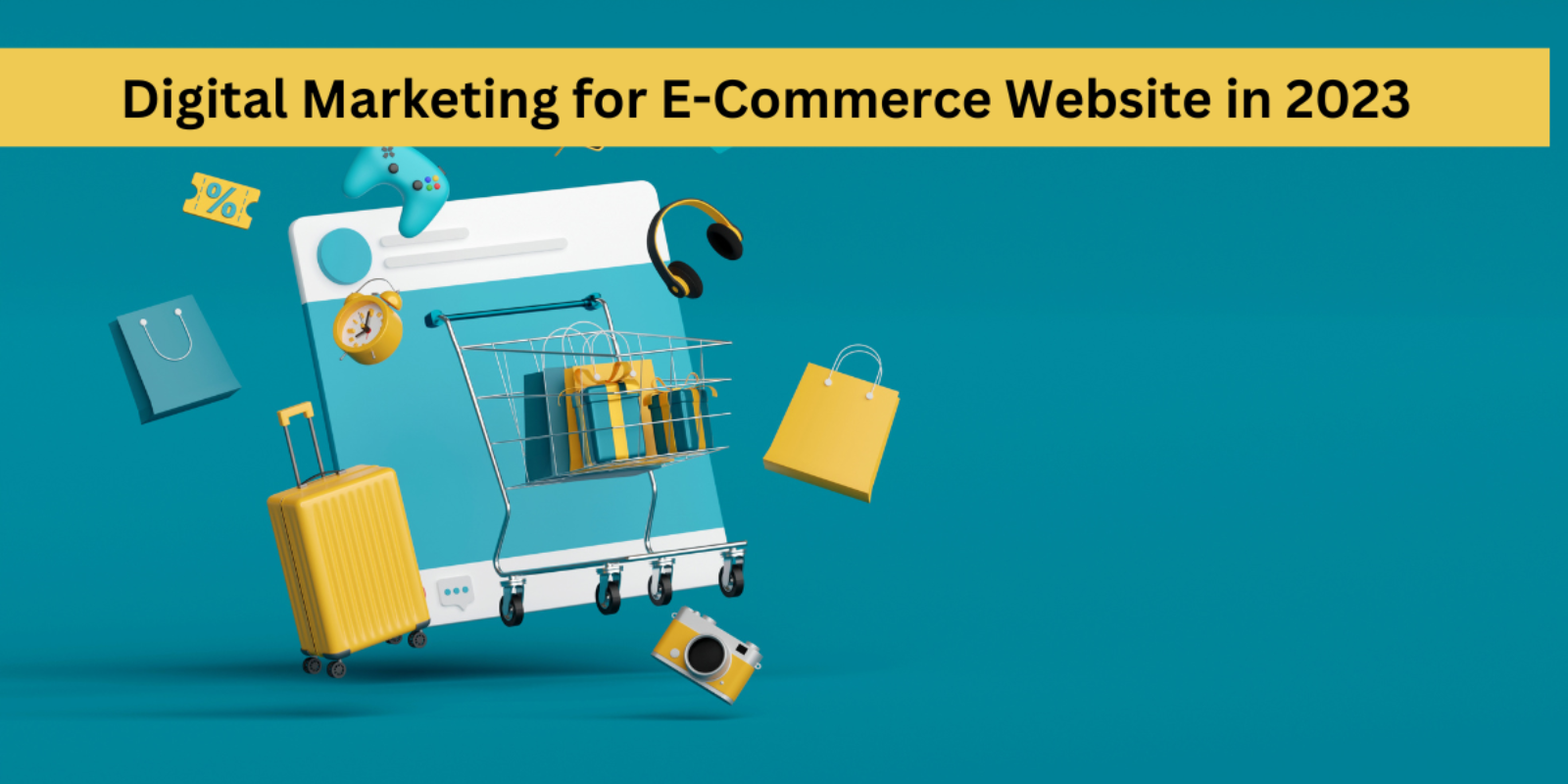The Role of Online Reviews in E-commerce SEO 2023
Introduction
In the ever-evolving landscape of E-commerce, the significance of online reviews cannot be overstated. As consumers increasingly turn to the internet for their shopping needs, the impact of reviews on SEO and overall business success has become a crucial...
SEO for E-commerce Product Pages: Best Practices 2023
Introduction
At Finest SEO Agency, we understand the significance of search engine optimization (SEO) in enhancing the visibility and reach of e-commerce product pages. In this comprehensive guide, we will share our expert insights and best practices to help you...
The Ultimate Guide to Achieving Top SEO Rankings for E-commerce Websites 2023
Introduction
Welcome to our comprehensive guide on optimizing your e-commerce website for superior search engine rankings. In today’s digital landscape, where competition is fierce, it is crucial to understand and implement effective SEO strategies to outrank your...
Effective Ecommerce SEO Strategies to Boost Your Online Visibility and Sales 2023
Introduction
At Finest Seo Agency, we specialize in delivering top-notch ecommerce SEO strategies that can skyrocket your online visibility and drive significant sales growth. With our extensive experience and in-depth knowledge of search engine optimization, we can help...
Effective Strategies for E-commerce SEO 2023
Introduction
In today’s highly competitive online marketplace, it is crucial for e-commerce websites to implement effective SEO strategies in order to stand out from the crowd and attract more organic traffic. In this article, we will explore a comprehensive set of...
The Top SEO Strategies for E-commerce Websites in 2023
Introduction: As more businesses move online and competition for visibility increases, search engine optimization (SEO) becomes increasingly important for e-commerce websites. SEO is the process of optimizing your website’s content and structure to rank higher on search...
Benefits Of Ecommerce For B2B Businesses
Ecommerce has revolutionized the way businesses operate in the digital age. The benefits of ecommerce for B2B (business-to-business) companies are numerous, and it has become an essential tool for any B2B business that wants to thrive in today’s competitive marketplace....
Digital Marketing for E-Commerce Website in 2023
As we head into the new year, it’s clear that digital marketing will continue to play a crucial role in the success of e-commerce businesses. In fact, the pandemic has only accelerated the trend towards online shopping, and e-commerce is expected to grow even more in...







